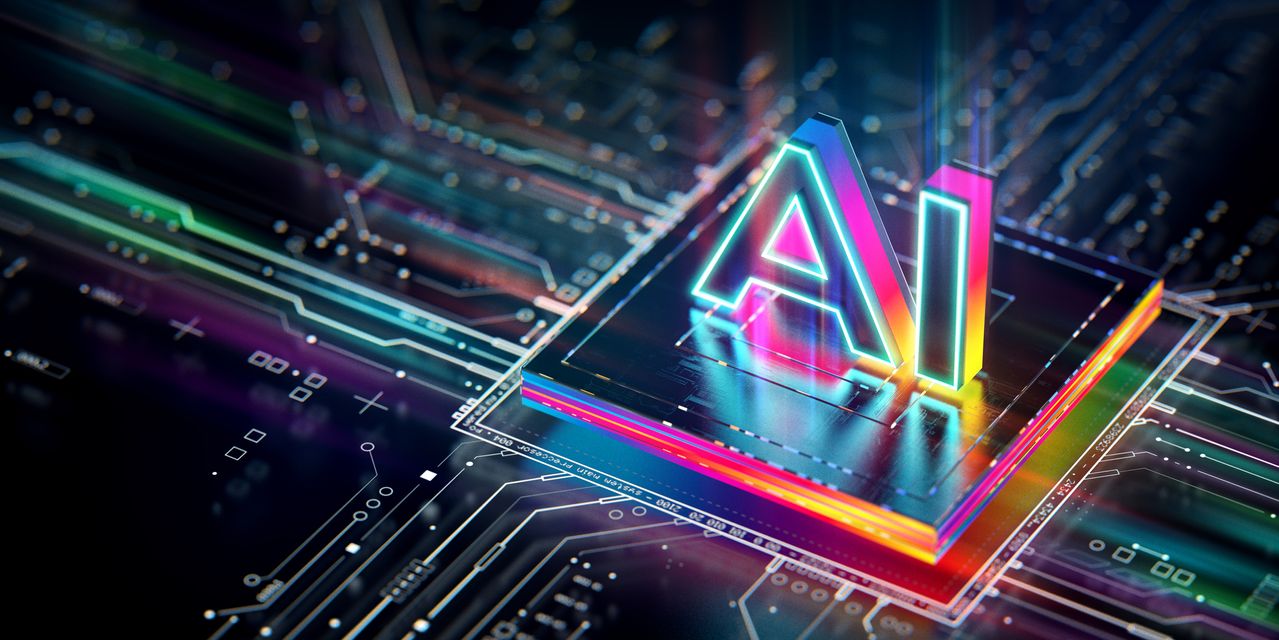This fall, the world will witness a transformative shift as artificial intelligence (AI) is set to redefine how we interact with the world. A myriad of products and apps are in the queue, poised to roll out robust AI integrations. Although the initial changes may appear subtle, the cumulative impact will be colossal, heralding a new era of convenience and efficiency.
Consider just our phones. The average annual hold time when dealing with, for example, travel changes or insurance questions, is a staggering 13 hours for typical Americans. AI-empowered customer service software is set to reduce hold times from hours to minutes, thanks to enhanced automated assistance. This will also empower lower-level representatives who will be able to address more intricate problems.
Add to that the $38 billion dollars lost when you tally all the time associated with waiting for internet or cable providers.
As AI becomes ingrained in various facets of customer interaction and service, it is set to elevate consumer expectations. Soon, businesses not incorporating AI into their customer service or user experience will face a significant setback, akin to a bank operating without an online portal in today’s digital age.
Listen: MarketWatch – How to Embrace AI and Upskill the Workforce
The impact of AI assistance in the customer service sphere doesn’t merely serve as a tool for efficiency and better CX, it also serves as a catalyst for fostering a healthier work environment. And the proliferation of AI promises not only enhanced time efficiency but also a substantial boost in Net Promoter Scores (NPS), a reliable metric for customer satisfaction and loyalty.
A recent Stanford/MIT paper found that the incorporation of AI not only enhances operational efficiency but significantly ameliorates the work environment for customer service agents. It was observed that the incorporation of AI substantially improved the demeanor of customers towards agents, reflected through a more positive sentiment in their messages.
Improvements will go far beyond simple inconvenience.
Common applications like Microsoft
MSFT,
Office and the Adobe Suite are gearing up to integrate more comprehensive help systems within the software. The era of receiving half-answers from rudimentary help systems like the outdated talking paperclip is drawing to a close. AI will now field a vast array of queries, providing precise and immediate solutions to human problems speaking in human language.
Opinion: Big tech is battling to put AI on your PC, laptop and smartphone
You will no longer need to talk like a computer to get the right answer, which will enable employees to break free from waiting for supervisor assistance for straightforward tasks. That means the time wasted due to insufficient knowledge, a phenomenon costing workers nearly 20% of their business day according to a recent McKinsey study, is headed for a significant dip thanks to AI’s intervention.
AI stands as a beacon of hope in dismantling complexity into usable data. It will compile complex statistics from a plethora of existing data, documents and email chains stored on your computer and cloud. This unprecedented access and organization of information will empower senior-level workers to make more informed decisions, backed by comprehensively analyzed data.
Opinion: Fiction writers demanding money from AI chatbots are lost in fantasy
Beyond mere compilation, AI will take a giant leap in creating visually appealing and understandable charts and decks, thereby simplifying complex ideas and ensuring that the data not only “speaks,” but changes behavior. This aspect of AI will effectively eliminate the time-consuming and often frustrating process of manually creating presentations, allowing employees to focus on more strategic tasks.
Additionally, the shift towards utilizing AI was concomitantly linked with notable organizational improvements, such as a reduction in employee turnover, especially among newer workers, as well as a decline in instances where customers requested to speak with a supervisor. The result is enhanced customer satisfaction and potentially reducing pressure on higher-level management.
While AI promises a world of efficiency and enhanced productivity, the successful integration into daily operations hinges on effective education and adaptation by the employees. The silver lining here is that AI is built around conversational language, ensuring a smooth and rapid adaptation process without the need to learn a completely new software.
The golden age of AI is not a distant dream but a burgeoning reality. It’s time to recalibrate and elevate our expectations as AI blends into our daily interactions, making life substantially more convenient, efficient and enriched.
Zack Kass is former head of go-to-market at OpenAI.
Read the full article here





